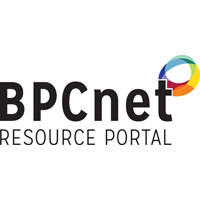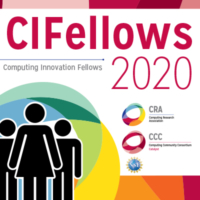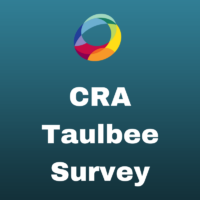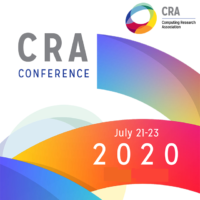To the computing community,
With this particularly challenging academic year coming to an end, and the upcoming NSF CISE program submissions, it is a good time to update everyone on the NSF CISE Pilot Program for Broadening Participation in Computing (BPC) Plans. All Medium and Large CISE Core Programs, Secure and Trustworthy Cyberspace (SaTC), and Cyber-Physical Systems (CPS) project proposals require an approved BPC Plan by the time of award. CRA and NCWIT have led an effort to develop the BPCnet.org portal as a resource for the community to assist in developing Departmental BPC Plans and Individual BPC Plans.
New Resources on BPCnet.org:
The community has been developing additional resources on BPCnet.org to simplify the process of writing a BPC Plan (for both Individual and Departmental plans). There is an FAQ link, plan templates, sample BPC Plans, and an extensive Getting Started Guide. There will also be additional virtual workshops later in the summer, and in-person workshops once travel is resumed.
How You Can Help:
The inclusion of BPC plans in a large number of CISE projects is a significant step in making our field inclusive and welcoming, and consequently growing the computing workforce and making it more representative of the users of technology. It will take a community-wide effort, and significant preparation of the community to make this BPC effort successful. To this end, we would like to invite interested people from this group to provide feedback on the contents in the portal. If you are interested in reviewing the portal contents, please complete our interest form.
Thank you for your interest in the NSF BPC Pilot Program, which has contributed to creating a large resource that we expect the community will find valuable. Please let us know if we can answer any questions by contacting bpcmailinglist@cra.org.
Sincerely,
BPCnet.org Steering Committee















